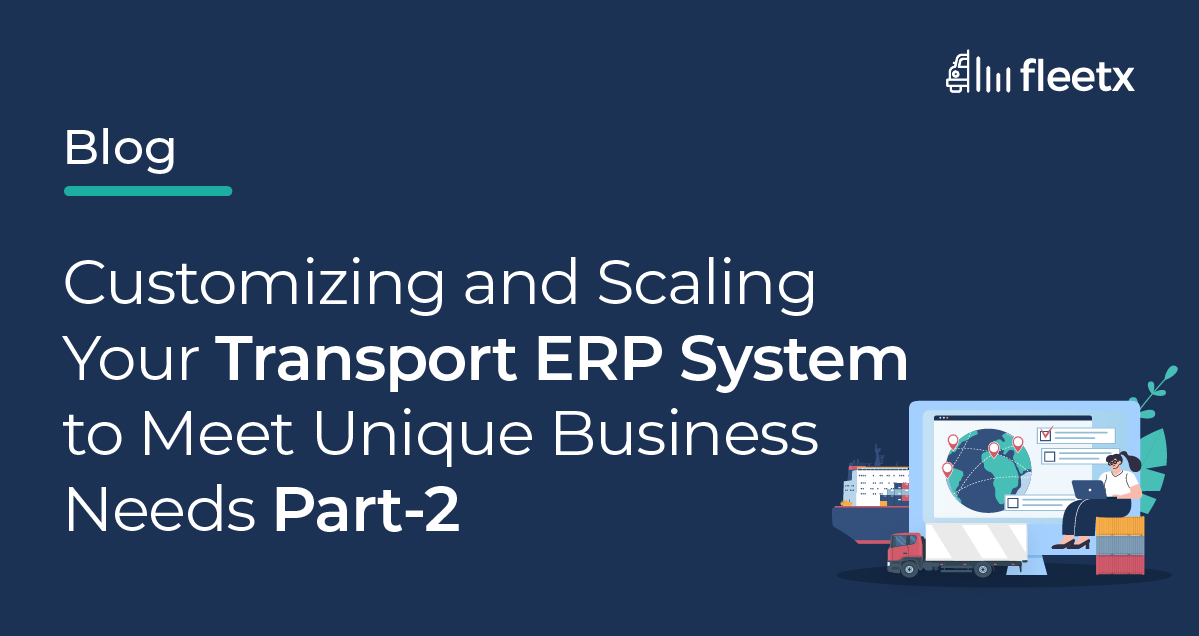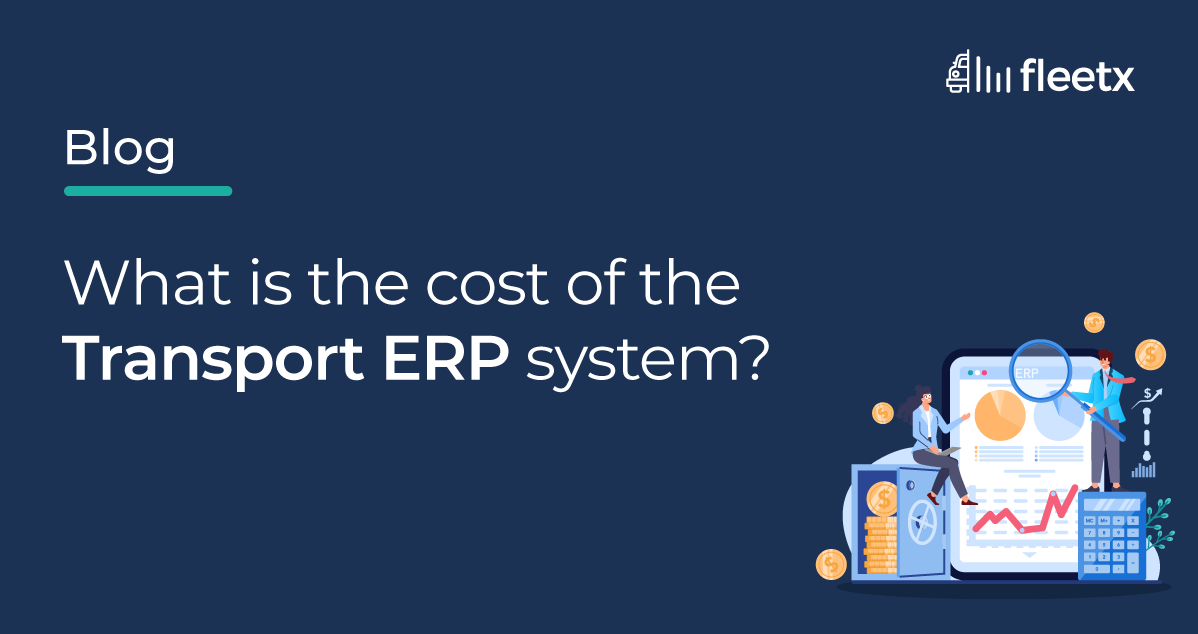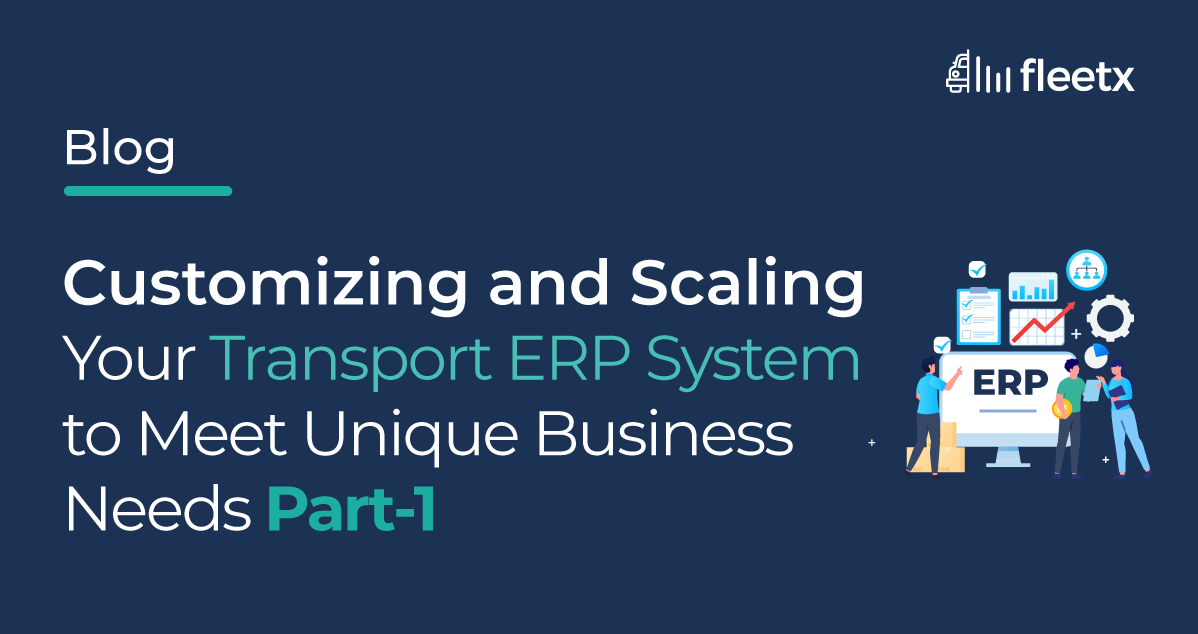
Despite the fact that ERP systems generate several benefits for a business, adoption of this software has been slow in India. This is because of a few key challenges, which tend to be common in the Indian business landscape.
While the first part of this series outlined the various steps to take and things to consider while implementing an ERP system, this second part will inform you of the challenges that you can expect, as well as solutions and strategies to get around them.
Key challenges during implementation
1. Resistance to change: ERP implementation requires changes to existing business processes, workflows, and employee roles- some of which might no longer exist! Resistance to this change among employees greatly affect successful implementation. Therefore, addressing the human aspect of ERP implementation is crucial.
Solution: communicate the benefits of the ERP system to employees ahead of time, involve them in the implementation process, and provide training and support over the first few months to help them adapt to the new system. It is also advisable to invest in training existing IT staff to become proficient in ERP system implementation and management.
2. Cost: One significant challenge is the high cost of implementing an ERP system. This cost includes the purchase of software, hardware, and additional support infrastructure. Additionally, many organizations may not have the necessary technical expertise in-house to manage the implementation process, leading to further costs in hiring external consultants.
Solution: consider cloud-based ERP systems if your budget is limited, as they offer a lower upfront investment and have predictable costs. Also seek out systems that offer flexible pricing options, such as pay-per-use or subscription-based models.
3. Complexity and integration with existing systems: Many organizations in India have unique business processes and requirements, which cannot be managed by ERP systems that are not designed to handle specific needs. This requires customization, which can lead to higher costs. Additionally, integrating ERP systems with other systems used by the organization can be complex, which further increases the time and resources required for implementation.
Solution: work with an vendor who has experience in integrating different software systems. You can select from ERP systems that offer open architecture models, which allows for easy integration with other software systems.
4. Data security: ERP systems typically contain sensitive data, such as financial information, customer data, and employee data, which makes them a prime target for cyber attacks. Furthermore, ERP systems often require access to multiple databases, systems, and applications, increasing the potential attack surface for cybercriminals.If this data falls into the wrong hands, it can lead to reputational damage, legal liabilities, and financial losses.
Solution: choose an ERP system with robust security features, such as multi-factor authentication, role-based access control, and data encryption. To be certain, check the vendor’s track record of implementing and maintaining secure systems.
5. Data Quality and Standardization: ERP systems rely on accurate and standardized data for optimal functioning, but Many organizations in India face challenges related to data quality, consistency, and standardization. As a result, aata migration and cleansing processes can be time-consuming and require significant effort which might prevent implementation.
Solution: Conduct a comprehensive data audit to help identify inconsistencies, errors, and gaps in data quality. Consider using data management tools such as data profiling and data cleansing software to help automate the process and ensure that data is standardized, consistent, and accurate.
Times are changing, are you?
Notwithstanding these challenges, it is important to note that the attitude towards ERP software in India is more positive. More companies are recognizing the benefits of ERP systems, leading to increased adoption. According to a report by Nasscom, the Indian ERP market is expected to grow at a CAGR of 17.2% between 2020 and 2025. Some of the factors contributing to this changing bevaiour include:
- Competitive Advantage: Organizations in India are realizing that ERP software can provide a competitive edge by improving operational efficiency, streamlining processes, and enhancing decision-making capabilities. The need to stay ahead in a rapidly evolving market has encouraged companies to embrace ERP systems.
- Digital Transformation: With the government's initiatives such as "Digital India" and the increasing focus on digitization, organizations are recognizing the importance of digital transformation. ERP software is seen as a crucial component of this transformation journey, enabling organizations to align with the digital era.
- Industry-specific Solutions: ERP vendors are now offering industry-specific solutions tailored to the unique requirements of different sectors in India. These specialized ERP solutions have gained traction as they address the specific needs of organizations, making implementation more relevant and valuable.
Cloud-based Solutions: The availability of cloud-based ERP solutions has led to a significant increase in implementation of these systems. Cloud ERP offers benefits such as lower upfront costs, scalability, ease of implementation, and enhanced accessibility, making it an attractive option for smaller organizations in India, which are on a budget.






